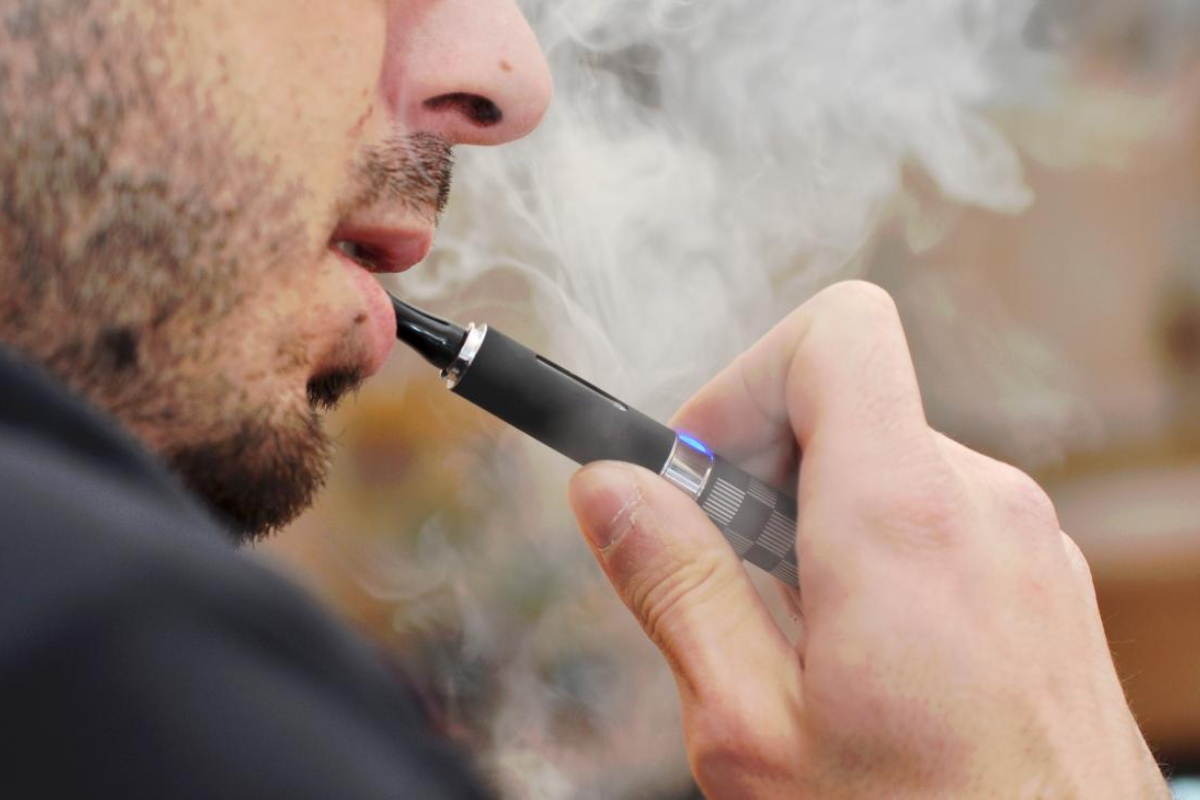GENEVA: The World Health Organization on Thursday urged governments to apply tobacco-style controls to vapes, saying they are getting new users hooked on nicotine.
Analysts and investors said big tobacco firms shifting to new nicotine products, including Philip Morris International (PMI) and British American Tobacco, have the most to lose if tobacco alternatives face the same rules as cigarettes
That could spell trouble for tobacco companies developing alternative nicotine products, as tighter restrictions and growing awareness of health risks squeeze their cigarette businesses.
PMI, the world’s largest tobacco company by market value, has led the shift to smoking alternatives, helping its price-earnings ratio rise substantially compared with rivals.
British American Tobacco is investing heavily in alternative products, focused on vaping and oral nicotine, and wants 50% of its revenues to come from these by 2035. PMI’s target is two-thirds of net revenues from “smoke-free” products by 2030.
PMI has poured the vast majority of some $10.5 billion it has invested in “smoke-free” products into heated tobacco products, where devices heat up tobacco without burning it, in an attempt to avoid harmful chemicals produced via combustion.
The WHO’s vape recommendations come ahead of a biennial conference for 183 governments party to a global tobacco control treaty, set for next year, where countries are set to discuss new nicotine products including vapes and heated tobacco.
The UN agency has no authority over national nicotine regulations and only provides guidance. While the treaty is binding, it’s unlikely governments party to it will adopt new rules on alternatives as part of the agreement any time soon.
Some nations like the United Kingdom have put vapes at the heart of public health efforts to reduce the death and disease caused by smoking. Elsewhere, in large markets like India, vapes and heated tobacco products are banned altogether.
Countries that do adopt WHO guidance voluntarily tend to do so at different speeds, said Brett Cooper, managing partner at equity research firm Consumer Edge. That makes fast, global shifts in regulating new nicotine products unlikely.
Still, any moves towards stricter regulations put tobacco companies at a disadvantage versus today, Cooper said, while caution from the WHO makes it harder for them to lobby for more favourable regulations globally.
Controlling new nicotine products has also proven difficult in many nations. In the United States, manufacturers from China have flooded the market with illegal flavoured vapes in recent years, capitalizing on poor enforcement after regulators tried to clamp down on e-cigarettes.
Australia, where vapers need a prescription to obtain nicotine-containing e-cigarettes, has also struggled with a flood of illegal products. That has left tobacco companies competing with an onslaught of smaller players which often flout the rules.


